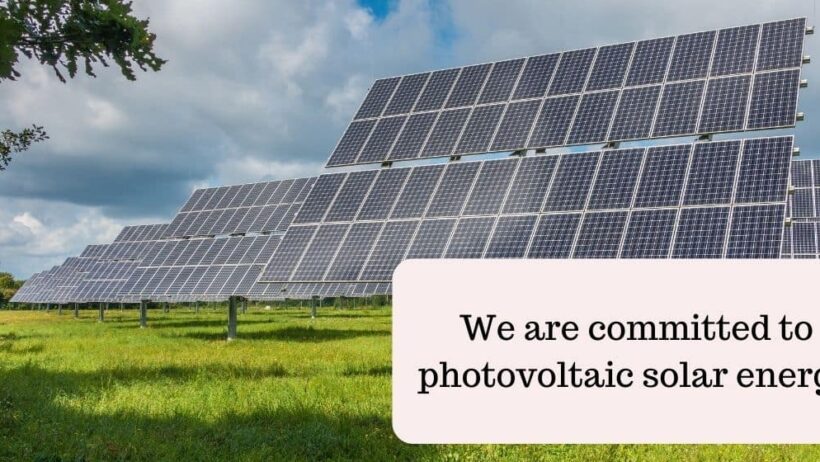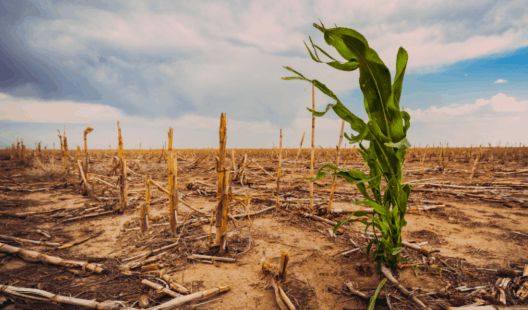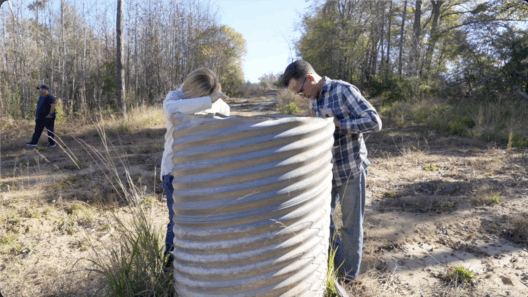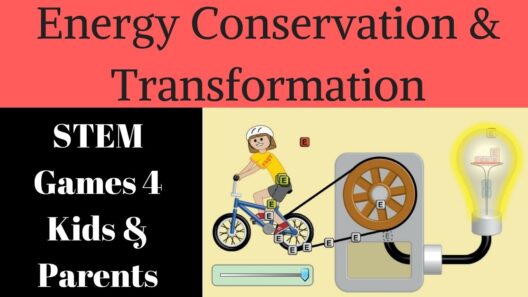As we advance into the era of 2025, the concept of energy conservation has evolved significantly. Gone are the days when merely turning off lights when leaving a room was considered a triumphant victory in energy conservation. Now, we find ourselves navigating a complex landscape of technological advancements, policy reforms, and corporate responsibility, all intertwined with global imperatives like climate change. But what does it really mean to conserve energy in a world continuously shifting toward sustainability?
At the core, conserving energy encompasses more than reducing consumption; it embodies a lifestyle commitment, an ethos of efficiency and sustainability. But here’s a playful question for you: What if you were compelled to live one week with only 1000 watts—the typical output of a hairdryer? That challenge might unveil a myriad of assumptions about our energy use and dependence. This raises an essential inquiry: Are we ready to confront the realities of our energy consumption?
To grasp the full implications of energy conservation in 2025, let’s dissect it into several pivotal categories: technological innovation, behavioral adjustment, economic impact, and societal responsibility.
Technological Innovation
The landscape of technology has paved the way for unprecedented efficiencies in energy use. In 2025, technologies such as smart grids, energy-efficient appliances, and renewable energy sources will play a vital role in how we conserve energy. Smart grids allow for real-time monitoring of energy consumption, enabling individuals and businesses to adjust their usage patterns dynamically. Moreover, the integration of Internet of Things (IoT) devices facilitates automated adjustments that can drastically reduce waste. Imagine a world where your coffee maker knows when you’re home and prepares a hot brew using only the energy you have left over from cooking dinner.
In addition to grids and appliances, the prominence of renewable energy sources cannot be overstated. Solar panels and wind turbines are becoming more accessible, allowing homeowners to generate their own power. The proliferation of community solar initiatives further enhances participation in renewable energy options, enabling collective investment in sustainability.
Behavioral Adjustment
Nonetheless, technological advancements alone do not suffice. Behavioral change remains paramount. Post-2025, energy conservation demands a more conscientious approach from individuals and organizations alike. In this climate-conscious era, adopting habits that prioritize sustainability—such as minimizing single-use plastics, opting for public transport, and embracing telecommuting—can collectively reduce energy demand.
One pertinent challenge to this behavioral shift lies in our ingrained habits. Breaking free from the inertia of convenience requires not only awareness but also motivation. A compelling strategy to inspire change may be gamification. Imagine a platform where households compete in energy conservation, receiving rewards for reduced consumption. Such initiatives could foster community engagement and transform energy conservation from a mundane task into an invigorating challenge.
Economic Impact
Energy conservation has far-reaching economic implications in 2025. As energy prices fluctuate, making efficiency a priority can result in substantial savings for consumers and businesses. For instance, implementing energy-efficient technologies reduces operational costs. Organizations may also benefit from tax incentives and subsidies aimed at promoting green technology. However, the transition to a sustainable model isn’t always financially seamless.
Small businesses, in particular, may feel the weight of upfront investments in energy-efficient systems. Yet, the crucial question to ponder is this: Can energy conservation become a competitive advantage? In a world becoming increasingly cognizant of environmental impacts, businesses that position themselves as eco-friendly can attract consumers willing to pay a premium for sustainability. In essence, the economic tug-of-war between cost and conservation might just forge a new paradigm in the marketplace.
Societal Responsibility
As we march forward, the societal dimensions of energy conservation demand our attention. In 2025, conserving energy will be intertwined with our collective responsibility to combat climate change. The urgency of global warming necessitates systemic changes in policies that promote renewable energy and penalize excessive consumption. Governmental bodies, corporations, and individuals alike must participate in crafting a holistic approach that emphasizes equity and environmental justice.
This leads us to another playful notion: What if every corporation was required to report its energy consumption and conservation efforts? Transparent reporting could catalyze shifts in corporate behavior, prompting companies to adopt greener practices for fear of falling behind their competitors. The notion of societal accountability should permeate our consciousness, leading to movements that prioritize the environment in policy-making and economic decisions.
Conclusion
Ultimately, as we look to 2025 and beyond, conserving energy involves a multifaceted approach that leans heavily on innovation, behavioral shifts, economic strategies, and societal responsibility. Each of these elements interacts dynamically, creating a rich tapestry of potential actions and reactions. As we embrace this ecological consciousness, the challenge remains: Are we prepared to disrupt our comfort zones and truly reflect on our energy consumption?
This inquiry will not only define our personal choices but will also impact broader societal transformations. The pursuit of energy conservation in 2025 requires a unified effort. Let’s not just imagine what conserving energy means; let’s embody it, challenge ourselves, and inspire change for a more sustainable future.






